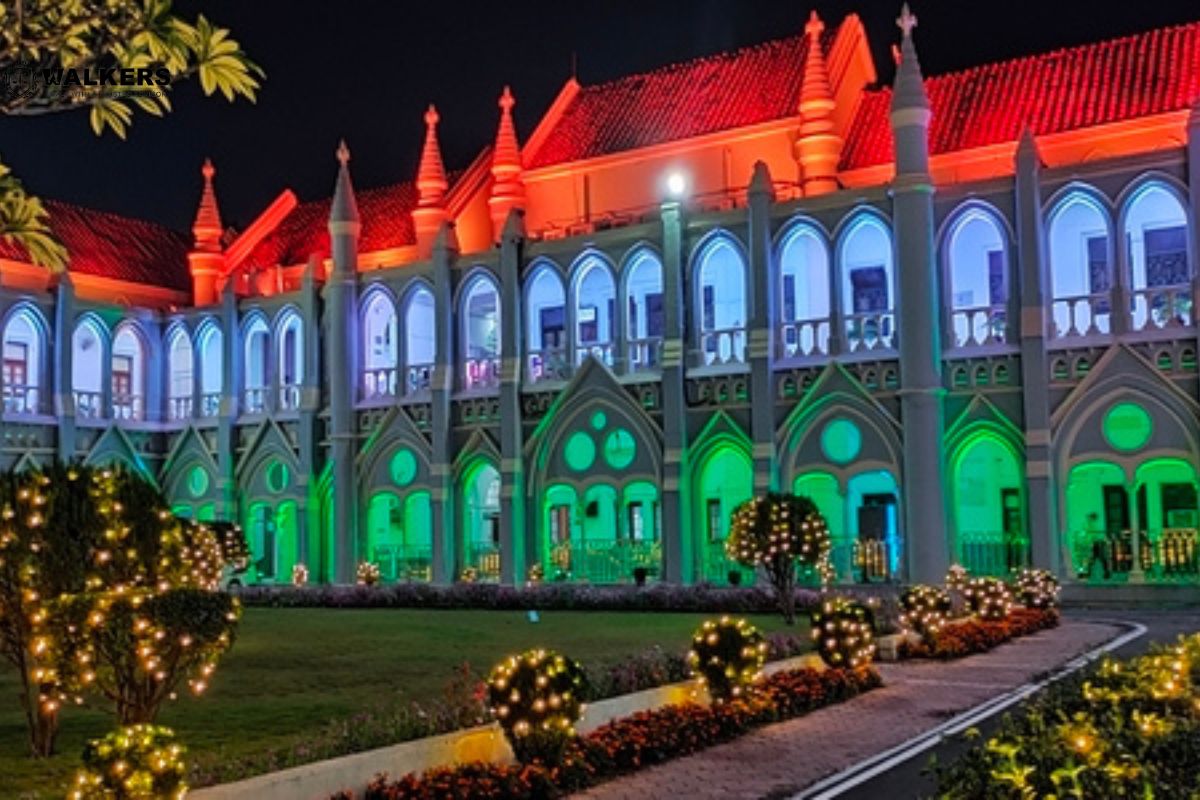


In a recent ruling, the Madhya Pradesh High Court determined that persistent threats by the accused to falsely implicate the deceased in cases of rape and eve-teasing can constitute abetment to suicide.
Justice Gurpal Singh Ahluwalia, presiding over a single-judge bench at Jabalpur, denied the application filed by the accused under Section 482 Cr.P.C. The judge asserted that threats to imprison the deceased with false accusations could not be dismissed as mere empty threats. The threats, which were recurrent, were deemed to have the potential to demean and undermine the deceased's self-esteem.
The court noted that the deceased, who was preparing for the PSC to secure a government job, was distressed by the false accusations, fearing that they would ruin his career prospects. The continuous harassment and the looming threat of being falsely implicated in serious crimes like rape and eve-teasing were cited as factors that could have driven the deceased to suicide. Thus, the court decided not to interfere with the trial court proceedings, citing sufficient evidence against the applicants under Section 306 IPC.
The court drew parallels to the Supreme Court's judgment in UDE Singh & Ors v. State of Haryana (2019), which upheld a conviction under Section 306 for similar reasons. In that case, the Supreme Court ruled that continuous harassment that damaged the victim's self-esteem and career prospects could amount to abetment of suicide. The court noted that if the deceased feared for his self-respect and faced daily humiliation, leading to suicide, it could prima facie constitute an offense under Section 306 IPC. The current case involved specific allegations of taunts and harassment by the deceased's neighbors, the applicants.
The first applicant’s counsel argued that one of the clients, being a doctor, should not be subjected to trial. However, the court dismissed this argument, noting no provision in the Indian Penal Code exempts doctors from its application.
The court also found that the second applicant, the mother of the first applicant, shared the intent to falsely implicate the deceased, despite not being explicitly mentioned in the deceased’s suicide note.
Additionally, the court criticized the improper impleading of the deceased (respondent no.2) in the Section 482 Cr.P.C application. Witnesses, including the deceased’s mother, testified that the deceased felt constant pressure from the applicants due to false cases against him.
According to the witnesses, the deceased committed suicide in December 2022, believing that the applicants would prevent him from pursuing his career or securing another job peacefully.
The applicants had argued that the elements of abetment under Section 107 IPC were not met and highlighted the deceased’s mother’s notoriety in the housing society. However, the respondents contended that the harassment was a continuous form of torture, even after the deceased moved to Indore for coaching after mortgaging their house. The court found the alleged threat by the first applicant to force the deceased to sell his house and leave the colony relevant and thus dismissed the application under Section 482 Cr.P.C.
Click Here to: Download/View Related File
TAGS: Madhya Pradesh High Court abetment to suicide false accusations Section 482 Cr.P.C. Justice Gurpal Singh Ahluwalia self-esteem harassment Section 306 IPC UDE Singh & Ors v. State of Haryana trial proceedings continuous torture government job false cases witnesses suicide note.